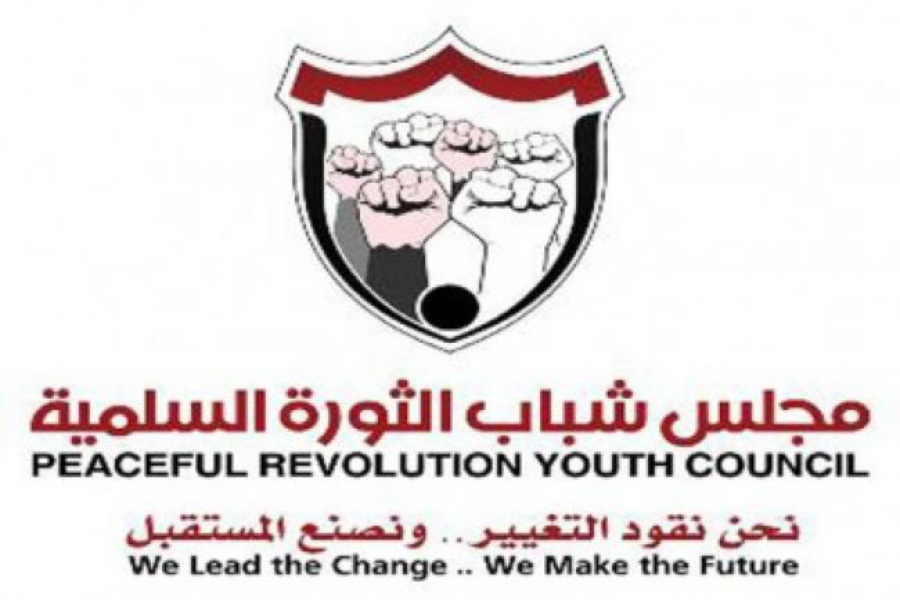The council of the revolutionary youth on Sunday launched its first conference on the constitution project and its vision for the legal and constitutional shape of the regime.
Politicians, a French expert and a number of revolution youth attended the conference.
Political researcher Abdulnasser Al-Mowadi said in his paper about state forms and political regimes that big states, especially those facing coexistence challenges, tend to be federal.
Democracy, institutional state and separation of powers are the foundations for a federal regime, he said.
Failure of the former regime pushed many to think of the federation system, he said, adding, "When a failed regime falls, judgments increase on the next shape of the state. But the common then becomes that anything which was not good in the past would not be good for the future".
He warned of inflaming separatism trends during discussions on federation because "they make Yemen vulnerable to foreign meddling".
In his paper on building the state, journalist and researchers Zayed Jabir affirmed the role of the national dialog plays in reaching a vision to build a modern state. "This thing should have been achieved after the reunification in 1990," Jabir said.
In his paper on the post-unity phase, Jabir said: "The failure of the political parties to build state institutions during the transitional period undermined democracy, and ignited the revolution which represented a historic opportunity to build a modern and democratic state".
In this paper, Jabir also dealt with main issues related to building the state including the shape of the state, saying, "The southern cause is one of the biggest challenges facing the state".
Regarding federation, he said: "Giving the risks expected from dividing Yemen into two regions, most of the factions prefer a federal system on the basis of several not two regions".
He suggested considering every governorate a federal region if the factions insist on adopting the federal system.
From his part, French expert Francois, who is an expert in constitutions, said his country did not interfere in drafting the new Yemeni constitution.
"Based on reading a number of opinion articles about France's role in drafting the Yemeni constitution, I can assure you that we did not come to write your constitution," he said.
"It is not productive that a foreigner comes to write the constitution of other people," he said.
"Writing a constitution should not just be writing beautiful texts. Any constitution should be written to serve the country and address all issues on time.
Hence, Yemenis are the only one who should write the Yemeni constitution," he said, pointing to the importance of Yemen as 30% of global trade passes through its waterways.

